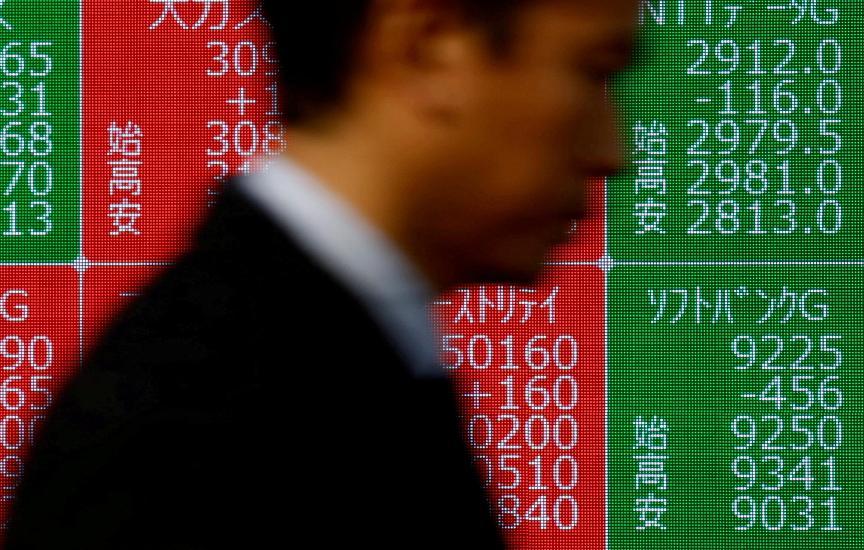
Recently, due to the uncertainty of the US economic outlook, Asian stock markets have generally experienced significant declines. Especially in the Tokyo stock market, the Nikkei 225 index plummeted by over 4%, reflecting the market's deep concerns about inflationary pressures and economic slowdown in the United States. In addition, global investors' anxiety about the trade war continues to rise, further exacerbating market volatility.
From the data, major Asian markets have all experienced a decline, with the Hang Seng Index in Hong Kong falling by 1%, the KOSPI Index in South Korea falling by 2.6%, and the Taiwan Weighted Index falling by 3.4%. At the same time, the US stock market also suffered heavy losses, with the S&P 500 index falling 2%, the Dow Jones Industrial Average falling 715 points, and the Nasdaq index falling 2.7%. This chain reaction indicates that the global capital market is facing systemic risks, and investors' risk aversion is rising.
One of the core factors of this market adjustment is the risk of economic slowdown in the United States. Affected by the trade war, US consumer confidence has declined and household spending has decreased, which has suppressed the momentum of economic growth. A survey by the University of Michigan shows that two-thirds of respondents expect the unemployment rate to rise in the next year, reaching its highest level since 2009. The instability of the job market has further weakened consumer confidence, leading investors to hold a pessimistic attitude towards the prospects of the US economy.
In addition, the issue of inflation remains severe, and the Federal Reserve's monetary policy faces a dilemma. Although the market expects the Federal Reserve to cut interest rates to stimulate the economy, this could also lead to continued inflation, creating a risk of "stagflation" - that is, a slowdown in economic growth accompanied by sustained price increases. In this situation, policy makers have limited choices and market uncertainty increases.
It is worth noting that the hardest hit areas of market decline are mainly concentrated in industries that rely on consumer confidence. For example, the stock price of sportswear brand Lululemon plummeted by 14.2%, while the stock prices of companies such as Delta Air Lines and Caesar Entertainment experienced significant declines. Relatively stable utility stocks, such as American water companies, have risen against the trend, indicating that investors are seeking safer asset hedging.
On the other hand, the decline in the Asian market is also influenced by geopolitical factors. For example, the SET index in Thailand fell 0.9% due to damage in some areas caused by the strong earthquake in Myanmar. This sudden event further exacerbates the panic in the market, making investors more inclined to reduce their risk exposure.
Looking ahead, as the effective date of the new round of tariffs on April 2nd approaches, the market may still maintain a high level of volatility. The Trump administration's plan to implement targeted tariffs on major trading partners will undoubtedly further exacerbate trade tensions and affect global economic growth expectations. In this situation, investors need to closely monitor policy trends and adjust asset allocation to mitigate potential market shocks.
Overall, the global market is currently in a highly sensitive period, with multiple factors such as economy, policies, and geopolitics intertwined, making the investment environment full of uncertainty. In the short term, market sentiment will continue to dominate the market, and investors need to remain cautious and closely monitor US economic data and global policy changes in order to adjust their investment strategies in a timely manner.

Since 2025, the conflict between the United States and Europe over the governance of the digital economy has continued to escalate.
Since 2025, the conflict between the United States and Euro…
When German Chancellor Mertz officially announced that he w…
On December 3rd local time, the copper price on the London …
The European Commission announced a new economic security s…
The European Commission announced a new economic security s…
For nearly a year, US President Donald Trump has launched a…